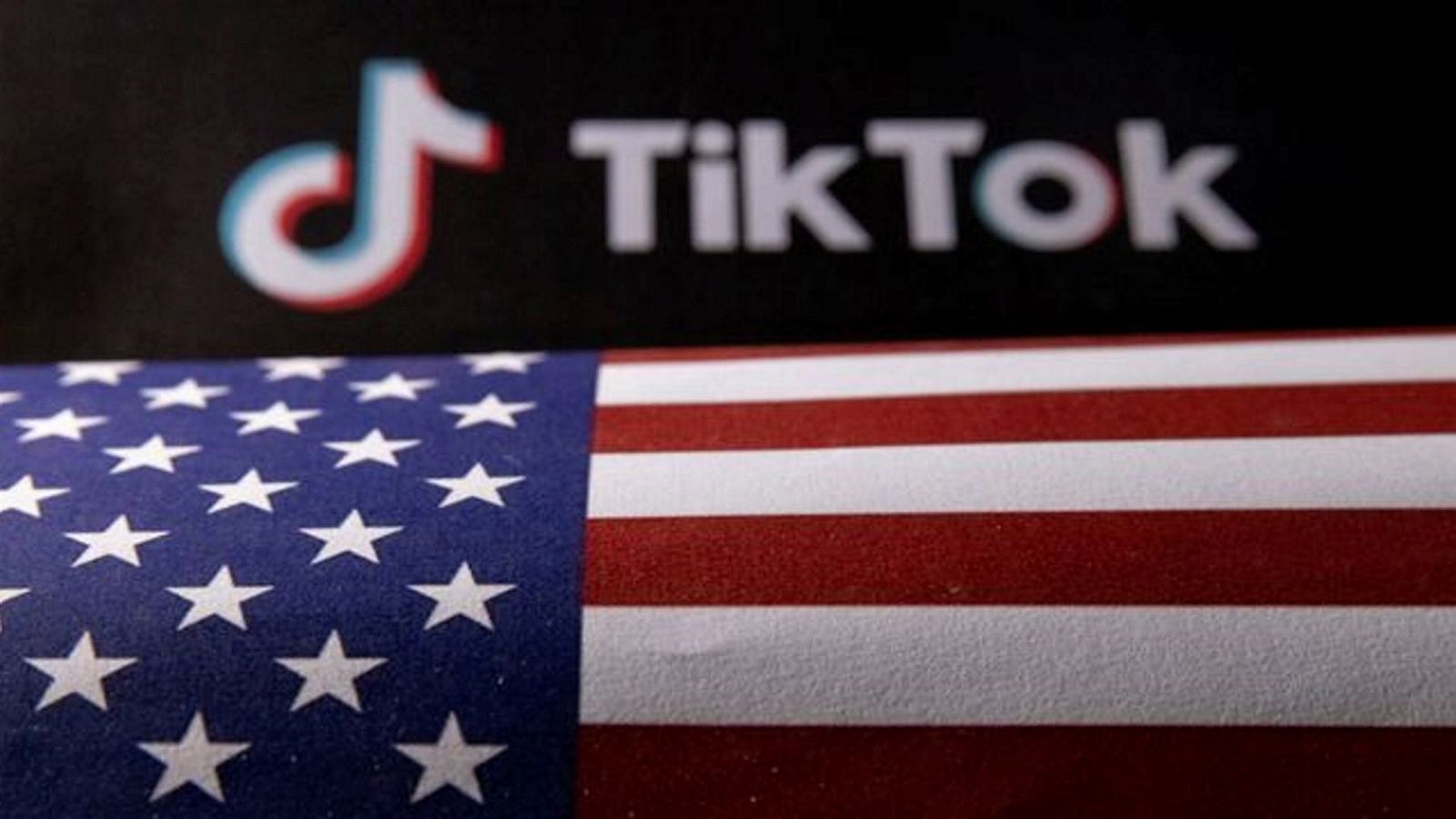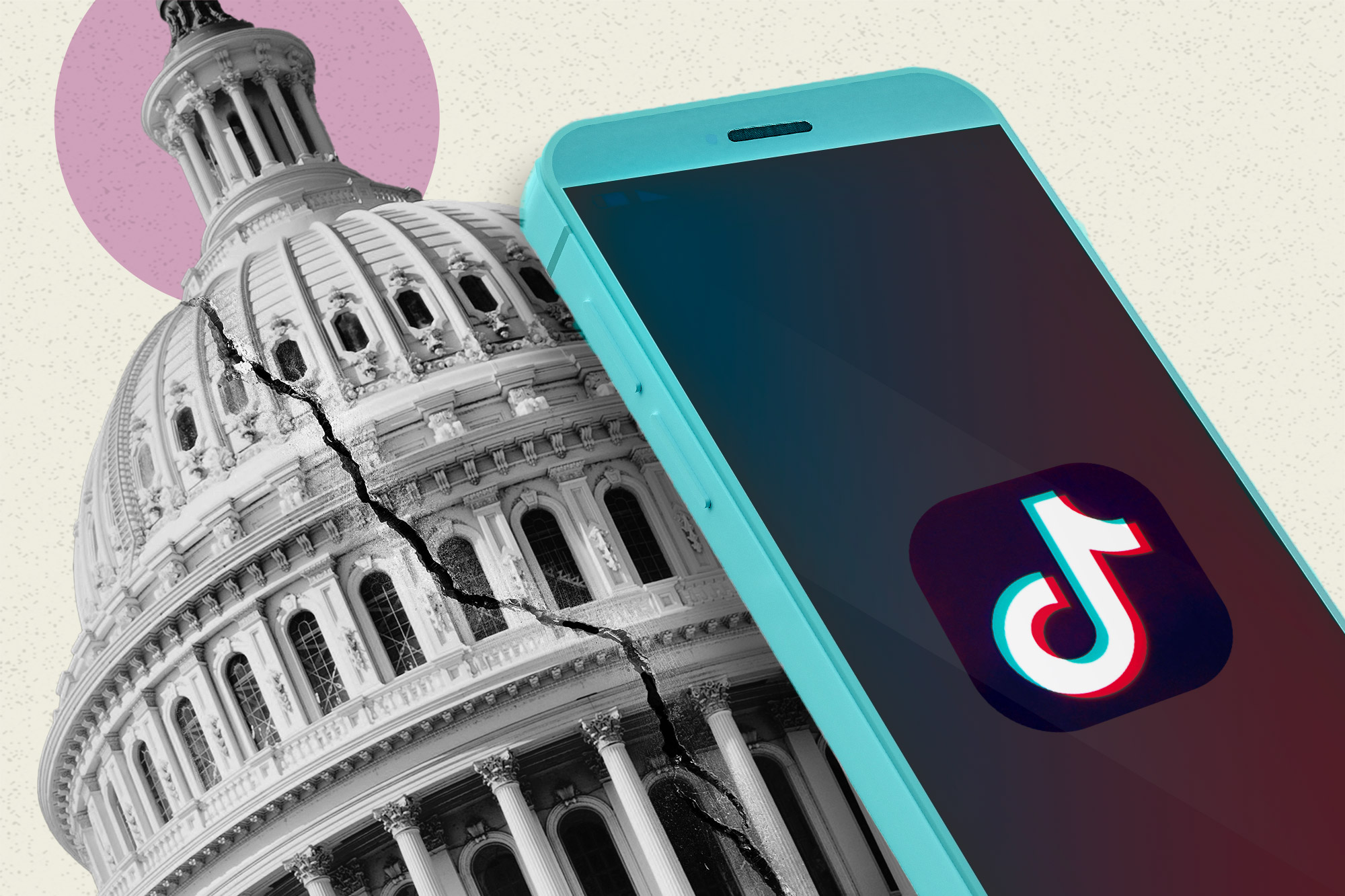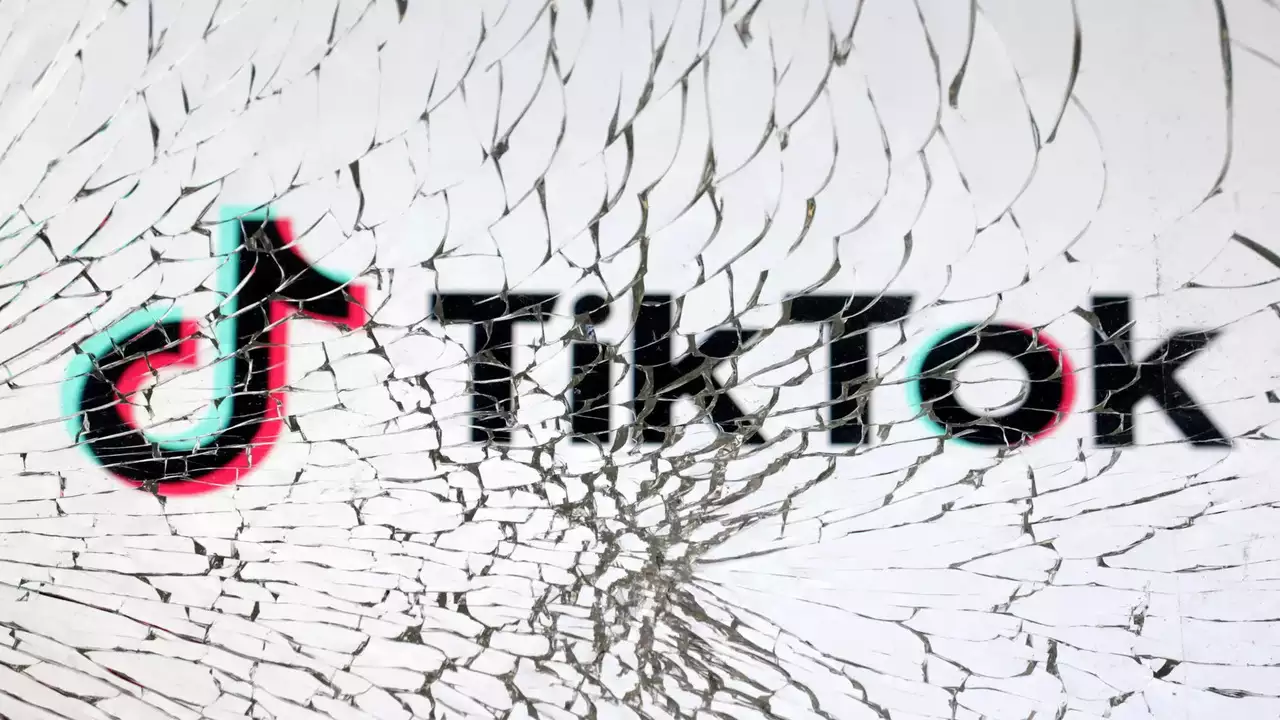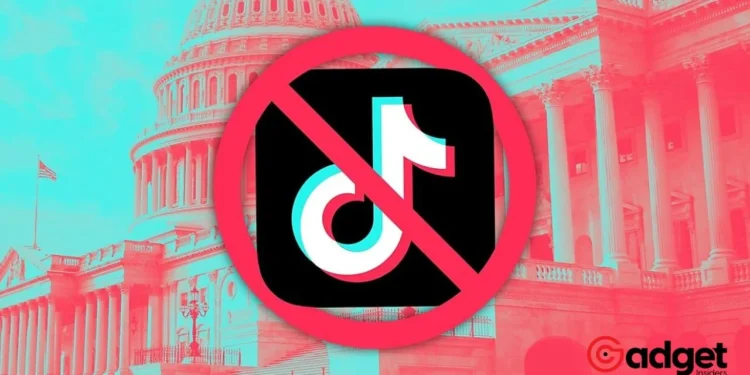In an unparalleled decision, the United States Congress has unequivocally voted 50-0 in favor of advancing a bill that could significantly alter the digital landscape for millions of Americans. The bill, championed by US Representative Mike Gallagher, has now been thrust onto the House floor, setting the stage for a potential nationwide TikTok ban.
This move marks a critical juncture in the ongoing saga between the U.S. legislative body and the social media giant, highlighting a deep-seated concern over national security and digital sovereignty.

The Congressional Mandate: A Unanimous Verdict
At the heart of this legislative push is a bill that ostensibly aims to safeguard U.S. digital terrain from foreign adversaries. Under the stewardship of Chairman Gallagher, the bill seeks not to outright ban TikTok but to empower federal agencies, including the FBI, with the authority to scrutinize social media applications under foreign influence.
The legislation sets a clear ultimatum for the app: sever its ties with ByteDance, its parent company, within 180 days to dodge a ban. This decision underscores a significant shift in how national security measures are being recalibrated to address the complexities of the digital age.

TikTok’s Call to Arms: Mobilization and Backlash
In a dramatic turn of events, TikTok’s plea to its users to lobby against the bill spurred an unexpected outcome. Urging users over the age of 18 to contact their local representatives, TikTok hoped to galvanize support to thwart the legislative advance.
However, reports from Politico and accounts from House GOP staff reveal a scenario where the app’s mobilization effort might have inadvertently solidified the resolve of several lawmakers, converting fence-sitters into proponents of the bill.
TikTok users inundated congressional offices with calls on Thursday after the company sent pop-up messages urging people to “speak up” against a rapidly moving House proposal that could lead to the China-linked app being banned in the U.S. https://t.co/jgmfJPUc4g
— The Washington Post (@washingtonpost) March 7, 2024
Between Xenophobia and National Security: The TikTok Congressional Debacle
The TikTok saga is deeply entangled with allegations of its affiliation with the Chinese government, specifically the Chinese Communist Party (CCP). Despite TikTok’s efforts to distance itself from these claims — including the sale of its operations in key markets to Oracle and a vehement denial of any data-sharing practices with China — skepticism remains.
High-profile confrontations in Congress, featuring the CEO Shou Zi Chew, underscore the tension between national security concerns and accusations of xenophobia.

The Path Forward: Implications and Reflections
As the bill moves closer to a decisive vote, the implications for TikTok and its vast user base in the United States loom large. The unfolding scenario presents a pivotal moment for digital platforms operating under foreign ownership, challenging the very notion of internet freedom against the backdrop of national security priorities.
For TikTok, a platform that has become a cultural phenomenon, the journey ahead is fraught with uncertainty. Yet, it also offers a moment for reflection on the balance between innovation, free expression, and the safeguarding of digital spaces from potential foreign interference.
In this epochal confrontation, the narrative is more than a legal battle; it is a reflection of the changing dynamics of power, influence, and control in the digital age.
As lawmakers and digital entities navigate these turbulent waters, the outcome will likely resonate far beyond the halls of Congress, setting precedents for the global digital economy and the governance of cyberspace.










